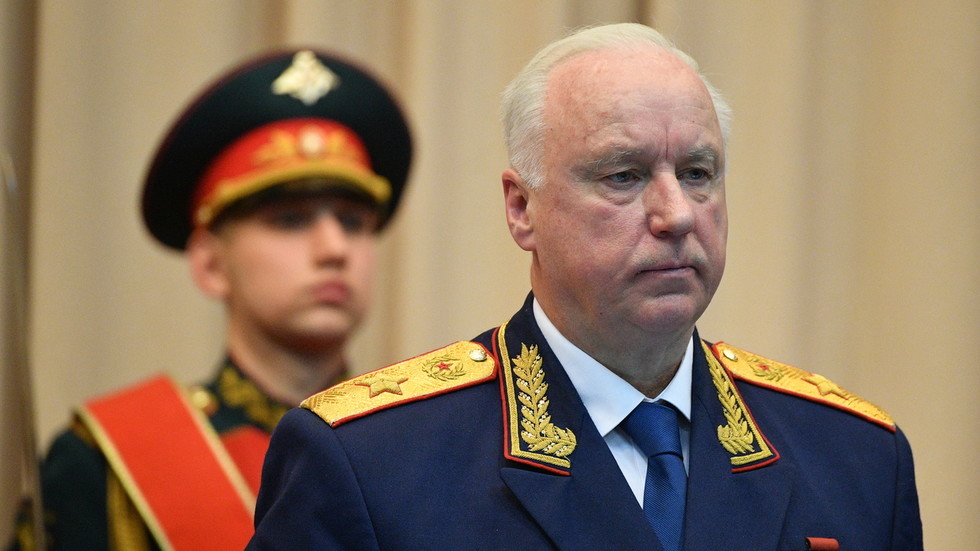
The courts must be allowed to sentence terrorists and child predators to capital punishment, a senior official in Moscow has said

Head of Russia’s Investigative Committee Aleksandr Bastrykin in Moscow on March 3, 2020. © Ramil Sitdikov / Sputnik
Capital punishment should be reinstated for certain violent crimes, the head of Russia’s Investigative Committee Aleskandr Bastrykin has argued.
Moscow effectively suspended the death penalty in the late 1990s as a condition for joining the Council of Europe. However, in 2022 Russia quit the organization, accusing the West of weaponizing it to exert pressure on Moscow and attempt to impose “its own political agenda and ‘progressive’ values.”
Speaking at a legal conference in St. Petersburg on Friday, Bastrykin said that “the cruelty of the crimes” that are being committed in Russia has increased compared to the Soviet era. He argued courts should be allowed to sentence violent criminals, such as terrorists, serial killers, and those who commit crimes against children, to execution.
“I am a proponent of the death penalty,” the chief investigator said. “Why don’t we lift the moratorium and bring back the death penalty into the law, given that the number of violent crimes is rising?”


Read more
As an example, Bastrykin cited the March attack on a concert hall in Moscow by Islamic State-linked terrorists, which left 145 people dead. Police have detained several suspects, including all four gunmen who stormed the venue and set it on fire.
“In Soviet times, a person could be sentenced to death for murdering two or three people. As for today, the suspects can be given a maximum sentence of life imprisonment,” Bastrykin said.
According to the head of the Investigative Committee, last year alone, law enforcement investigated 23,700 offenses against children, including 246 murders, 1,870 cases of rape, and more than 6,800 other sex crimes.
Bastrykin is not the first Russian official to propose the reinstatement of the death penalty for especially grave crimes. President Vladimir Putin, however, has so far refused to publicly endorse this idea.